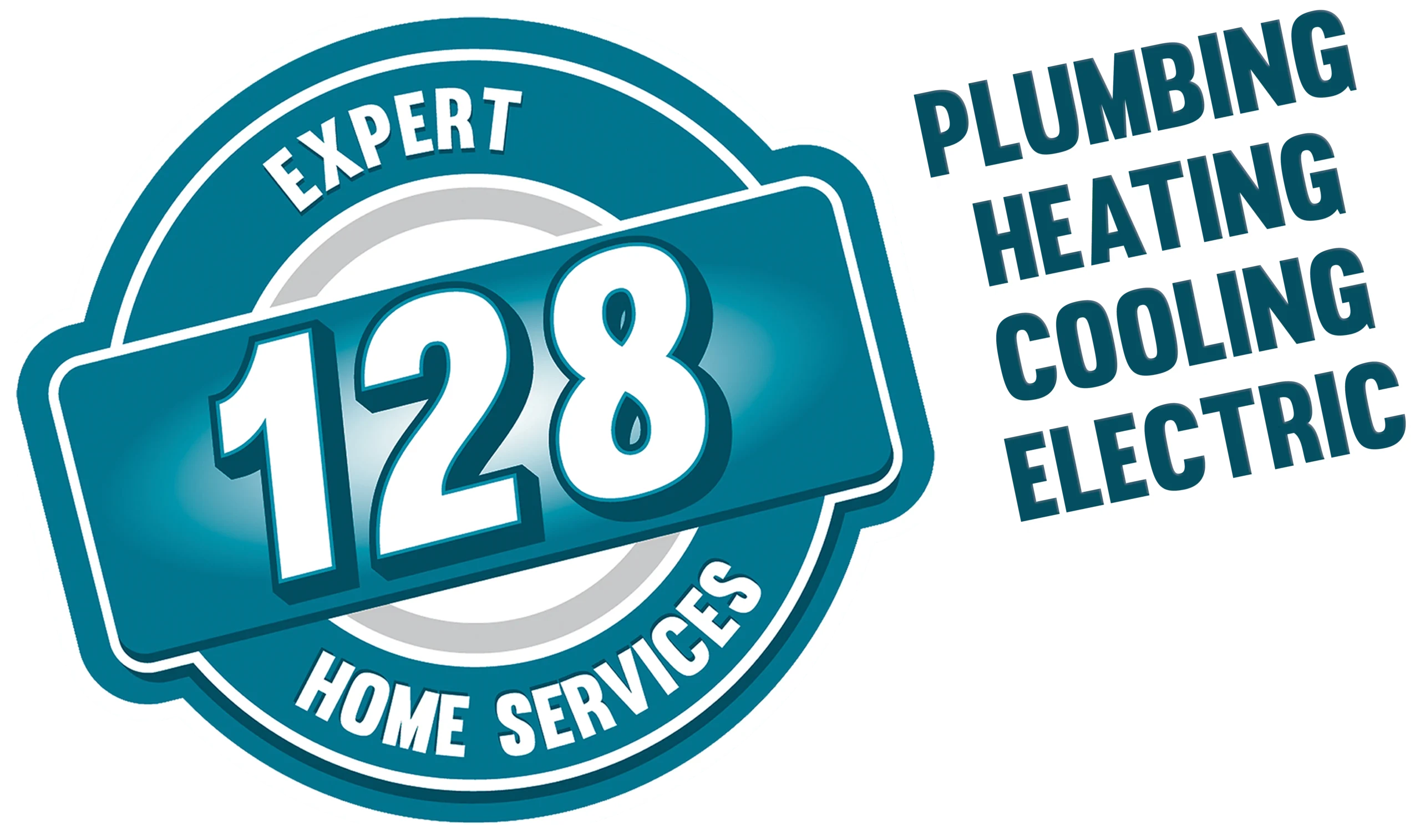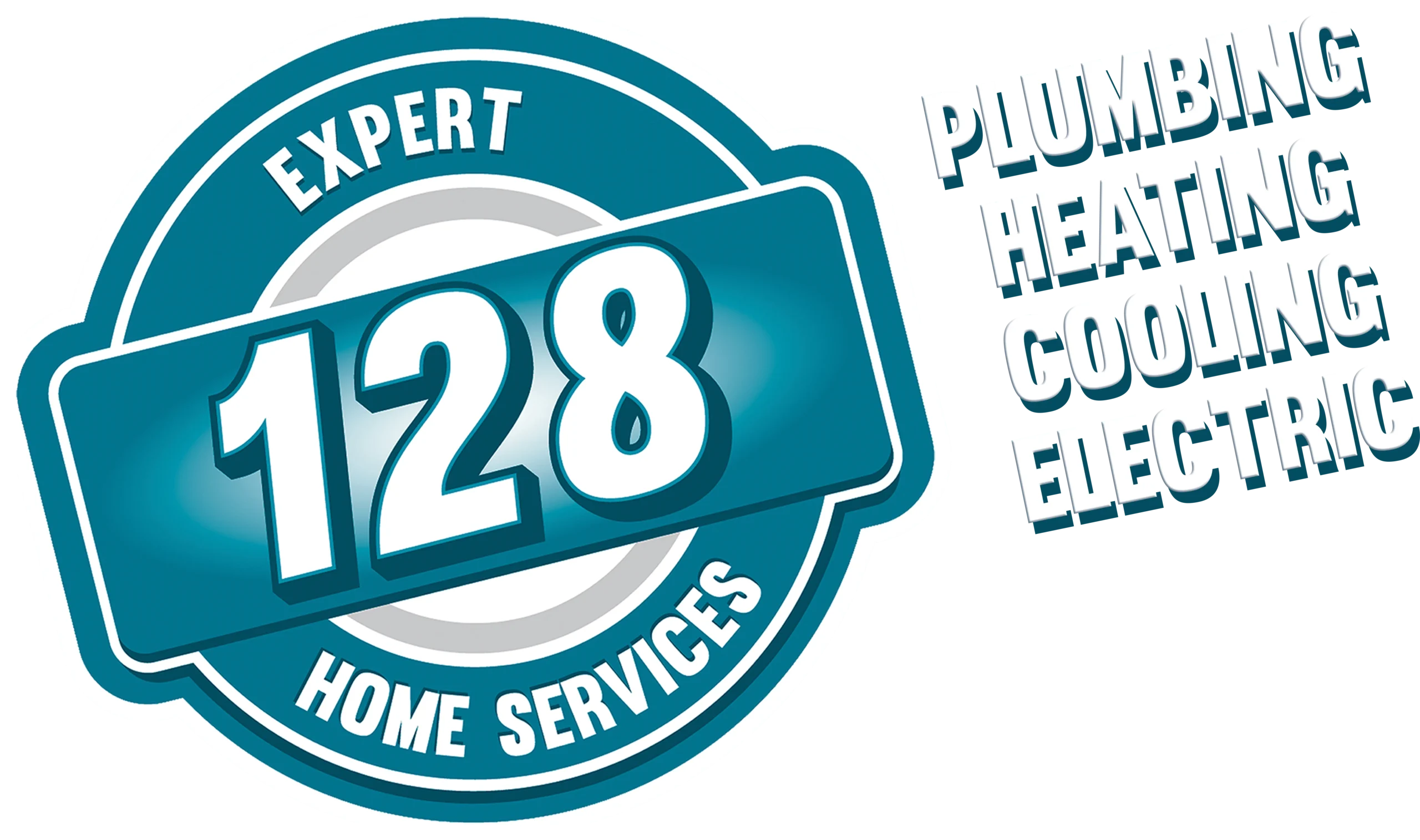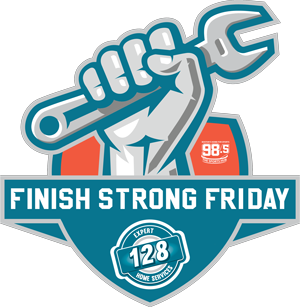If you’ve been looking for ways to save money on your home-based energy bills—and who isn’t these days?—you may be aware that there’s another new buzzword making the rounds when it comes to heating and cooling your home.
It’s called electrification, and it’s a hot topic. At 128 Plumbing, though, we’ve known about it for years. We’ve been electrifying homes for years, so we know about the reasons to do it, the issues that are involved and the benefits you can realize if you have it done.
There’s a lot you need to know, though, so let’s take a deeper dive. What follows is a question and answer rundown on what you need to know about home electrification.
What is Home Electrification and How Does it Relate to Energy Emissions?
At the broadest level, home electrification is the process of shifting your home away from the use of fossil fuels and shifting to use electricity and renewable energy.
It’s a crucial part of the drive for clear energy, to the point where the government is trying to drive the home electrification movement by encouraging energy savings and offering rebates for equipment like heat pumps.
What are the Emissions Benefits of Home Electrification?
There are many benefits that come with home electrification, and they apply to multiple areas:
Better Air Quality and Fewer Emissions
Studies have shown that more than half of all US homes have gas-based appliances, which have been shown to emit numerous types of air pollutants.
To cite one example, homes with gas stoves have been show to have nitrogen dioxide concentrations that are as much as 400 percent higher than homes that use electric stoves.
Other indoor pollutants like carbon monoxide, particulate matter and formaldehyde emitted by gas stoves can cause genuine health problems. In fact, children living in houses with gas stoves are over 40 percent more likely to suffer from asthma symptoms than those living in homes where electric stoves are used.
Lower Building Costs in the Home Sector
Anyone living in any of the Boston area and the towns covered by 128 Plumbing knows about rising home prices, and fossil fuels are an indirect part of the those rising costs.
Why? Because mixed fuel homes typically have a combination of gas furnaces, electric air conditioning, water heaters and new gas line connections, and those gas lines especially come with a heavy price tags and a lack of sustainability.
Meanwhile, homes built with a single heat pump system for heating and cooling cost less to build. Those same systems save energy costs over the lifespan of the home, and they also lower carbon emissions and reduce the overall level of pollution in the towns in which they’re built.
Less Dependence on Natural Gas for Energy
There are many problems that come with reliance on natural gas for heating and cooling. For starters, the cost of maintaining the aging gas infrastructure is increasing, which isn’t exactly news for those who use oil or gas to heat their homes.
Moreover, these costs are expected to keep rising. They’ll get passed on to home customers who already have to deal with rising inflation, so anything that can help alleviate this problem will be more than welcomed by homeowners.
Meanwhile, heat pumps that are a part of home electrification are getting cheaper. Heat pumps also pay for themselves over time, which increases the motivation to have them installed even more.
Electrifying Your Appliances
The electric appliances being built as part of the movement toward clean energy have a much higher efficiency rating, and they, too, can save homeowners money.
They’re also being built to run on systems based on heat pumps, so they’re compatible with the systems currently being designed.
Home Charging Systems and Electric Vehicles
Electric vehicles that need charging stations are an important part of home electrification and transportation with fewer emissions, and there simply aren’t enough commercial charging stations to meet growing demand.
Instead, homeowners are taking matters into their own hands and having charging stations built into the home infrastructure to accommodate electric vehicles. That means no more trips to the gas station, and no need to face rising prices at the pump.
How Can Electrifying Your Home Save Energy?
Getting a heat pump that runs on electricity can help you save energy and lower your utility bills, and more efficient appliances can help save energy, too. If you choose to get an EV, getting a charging station can help lower your fuel costs and save energy.
What Services are Part of Home Electrification?
Heating and cooling services are a key factor in home electrocution, and the services provided by the automotive industry are all involved in EVs. Similarly, there are a variety of services associated with new appliances.
How Can Home Electrification Cut Emissions?
Reducing dependence on fossil fuels like oil and natural gas can cut both home- and vehicle-based emissions. It also provides renewable energy that will help save money on your home heating and cooling bills.
Can Electrifying Your Home Generate Renewable Energy?
Yes! It can also cut emissions and reduce indoor pollutants, which can improve your family’s health. The best part is that you’ll get a more comfortable home when it comes to heating and cooling.
Is the Home Sector a Good Candidate for Electrification?
The home sector is considered one of the best candidates for electrification, so much so that the government has started a number of programs to help speed the process.
How Can 128 Plumbing Help with Home Electrification?
We’ve electrified thousands of homes over the years, so we can help you analyze your home electrification needs and save you money in the process. Whether you need new appliances, a heat pump or a charging station for your EV, we can help.
To start the process, (888) 419-4233 or (781) 670-3261, and when you contact us. We’ll answer your questions about home electrification, make some recommendations and give you the best possible options.
To get more information, you can also go to 128Plumbing.com and start a live chat, and we have some great blogs and articles there to help educate you about how home electrification works and what’s involved.


